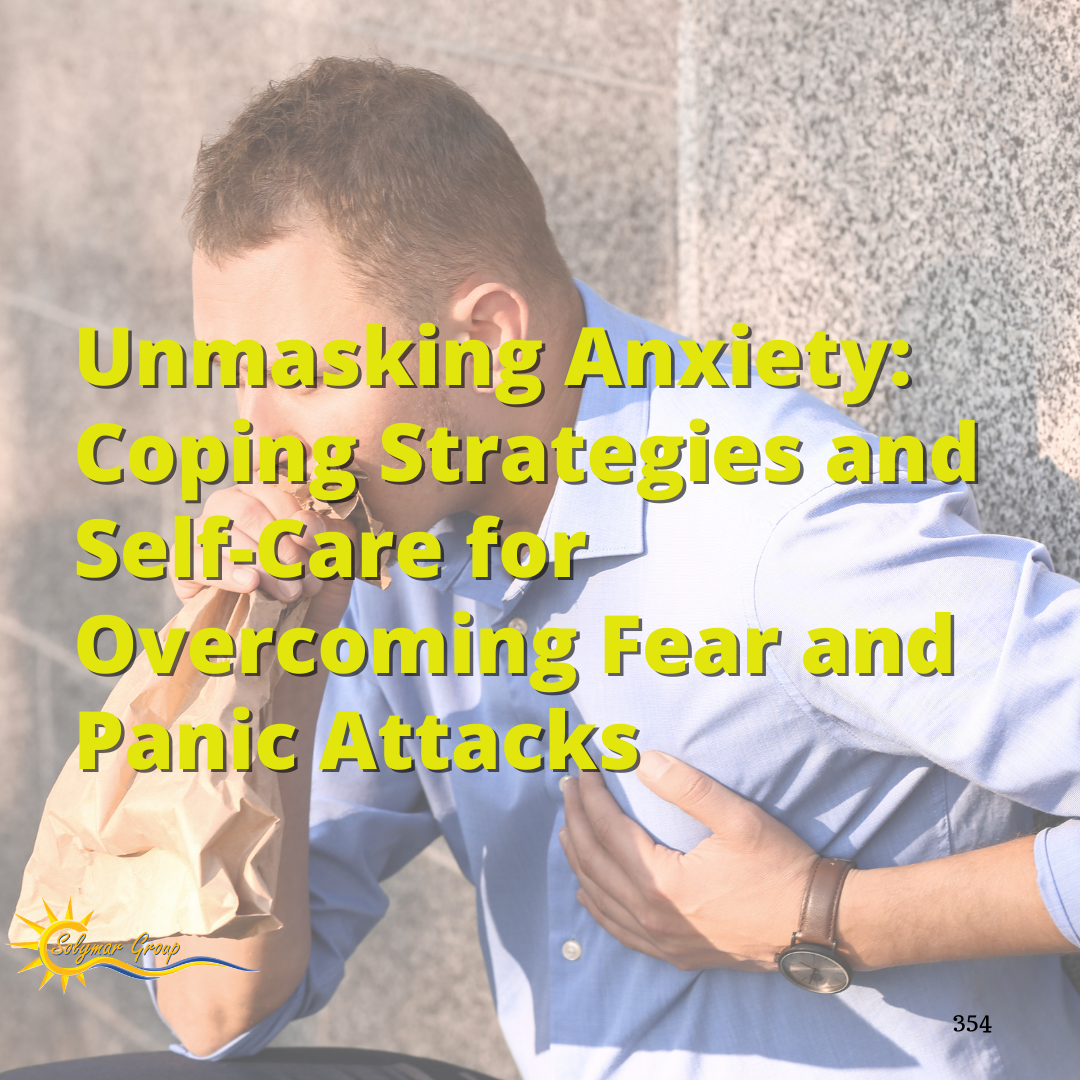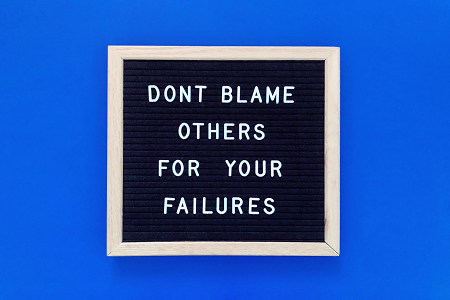
Anxiety can be your worst enemy, cruelly hijacking your emotions and leaving you feeling paralyzed and isolated. Its effects are insidious and far-reaching. Anxiety can cause you to feel overwhelmed, exhausted, and can interfere with your daily life. The good news is, despite its power, anxiety is a condition that can be managed with the right coping strategies and self-care.
Understanding Anxiety
Anxiety is a normal, healthy response to life’s stressors that can become overwhelming in certain situations. It can cause feelings of fear, panic, and unease, and can lead to physical symptoms such as rapid breathing, racing heart, chest tightness, a feeling of doom, and difficulty concentrating. Unfortunately, the more panic and fear you experience while afflicted with anxiety, the more these symptoms and feelings can become aggravated.
Anxiety can be triggered by a variety of causes, including traumatic events, physical sensations, chronic health conditions, and environmental factors. It is also a common side-effect of chronic stress. It’s important to remember that no matter what the root cause is, it’s treatable and manageable. You don’t have to suffer in silence.
Strategies & Tips for Coping with Anxiety
Look for the Signs of Anxiety and Recognize When You Are Reacting to Stress
The first step towards managing anxiety is to recognize when it is occurring. By being able to identify the physical and emotional signs of anxiety, you will be better equipped to manage your emotions and react accordingly. These signs may include sweaty hands, shallow breathing, trembling, or a feeling of being overwhelmed. By learning to recognize these signs, you will be better equipped to work towards calming yourself down.
Learn Relaxation Techniques
Learning and practicing relaxation techniques is one of the best ways to manage anxiety. These techniques can help you slow your breathing, calm your racing heart, and reduce tension. Some of the most popular relaxation techniques include guided imagery, breathing exercises, yoga, progressive muscle relaxation, and meditation.
Challenge Your Worries and Anxiety Spirals
It can be easy to get caught up in irrational and unhelpful thoughts when you’re feeling anxious. These are often referred to as anxious thinking spirals, and can be damaging to your emotional wellbeing. The best way to tackle these spirals is to challenge them with rational and helpful thinking. One powerful way to do this is to ask yourself, “What is the worst that can happen?” This may help to put your worrying into perspective and give you the opportunity to develop an effective plan of action.
Identify Triggers and Develop Strategies to Avoid Them
A trigger is anything that causes a particular response or reaction in someone. For many people, anxiety can be triggered by specific people, situations, places, and experiences. Learning to identify your personal triggers can go a long way in helping you manage your anxiety. Once you have identified your triggers, you can start to develop strategies to avoid or lessen the intensity of your reactions.
Uplift Your Mood with Exercise, Diet, and Positive Habits
Making healthy lifestyle choices can have a profound impact on mental and emotional wellbeing. Regular physical exercise can help to reduce stress and anxiety, while eating a balanced diet can help to provide the nutrients needed for mental clarity and focus. Additionally, building positive habits such as journaling, meditating, and spending time in nature can provide you with additional support when managing anxiety.
Seek Professional Help and Support
When all else fails, it is important to remember that seeking help and support is never a sign of weakness. Talking to a mental health professional is a great way to gain access to the resources you need to improve your mental wellbeing. With the right coping techniques and lifestyle changes, anxiety can become much more manageable, giving you the confidence and resilience needed to thrive in all areas of life.
Conclusion
Anxiety can be a difficult and exhausting condition to manage, but it is possible to learn how to cope with it and lead a healthier and more fulfilling life. By recognizing your triggers, practicing relaxation techniques, and seeking professional help when necessary, you can take back the reigns and become the master of your own emotional wellbeing.
#Hashtags: #anxiety #mentalwellbeing #selfcare #copingstrategies #panicattacks #overcomingfear






